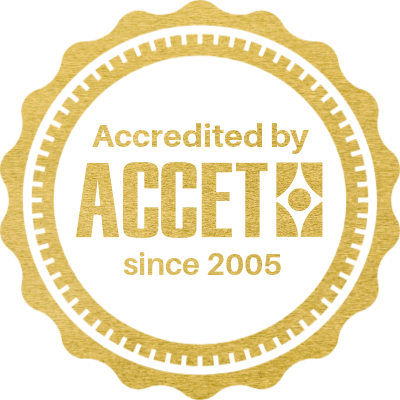Job Survival or Career Preparation?
Often, working adults who go back to college to get a degree or certification have a chosen field in mind, and postsecondary education provides an entryway to help many achieve their career goals. But all too often, their challenge is in understanding their career options.
Of course there should be an end goal whenever one is attempting to improve themselves through education. Otherwise, a student may end up with knowledge they or their employers ultimately consider unusable, or they end up with an incomplete education because they quit because they had no direction. For many who go to school, they say it will get them a good job, but they don’t think deeply enough about the specifics of the job they are preparing for. Because someone wants to work in Information Technology, do they understand the vast career options that are in the IT industry? For instance, do they know that a Systems Administrator is different from a Hardware Support Specialist which is different from a Programmer? Do they know what the tasks and accountabilities of these positions are? To say they want a career in IT or Healthcare or business gives them a good general direction, but those who enter college with a clearer vision related to their career goals tend to be more motivated about finishing their education.
But where do they start? For years, I have spoken with students and job candidates who have not had career goals. They have continued on a path from one job to the next. Their strategy has been one of survival, not preparation. Today, more than ever, career adults must plan for multiple changes in their professional life. As part of my job coaching, I will ask what they are learning today that they can take to their next job. How are they improving their skills and abilities? Considering the fact that many jobs don’t last more than five years because of economic downturns, company process improvements or the demand for new skills leap-frogging an employee’s current capabilities, career professionals must look at continuing their education and training throughout their professional career.
Thinking about specific steps to take to choose a career will help prospective students select the right kind of training. For instance:
- What are the technological, legislative or economic changes happening in your chosen industry? How will those changes affect the jobs you’re interested in?
- What is the training required (school, work experience, etc.), and how often will it have to be updated?
- What’s the future of the career (growth, wages, etc.)?
- Will the career be available in the city where you want to live, or if you move, what opportunities will be in your new city?
All training roads don’t lead to degrees. Of course, for some positions that may be required. But training may not be as extensive as one might think. It may mean certifications or training in certain soft skills. Speaking with a career college advisor as well as those who are in the industry you are interested in can have strong benefits in understanding a profession. The more people you speak with the better perspective you receive.









